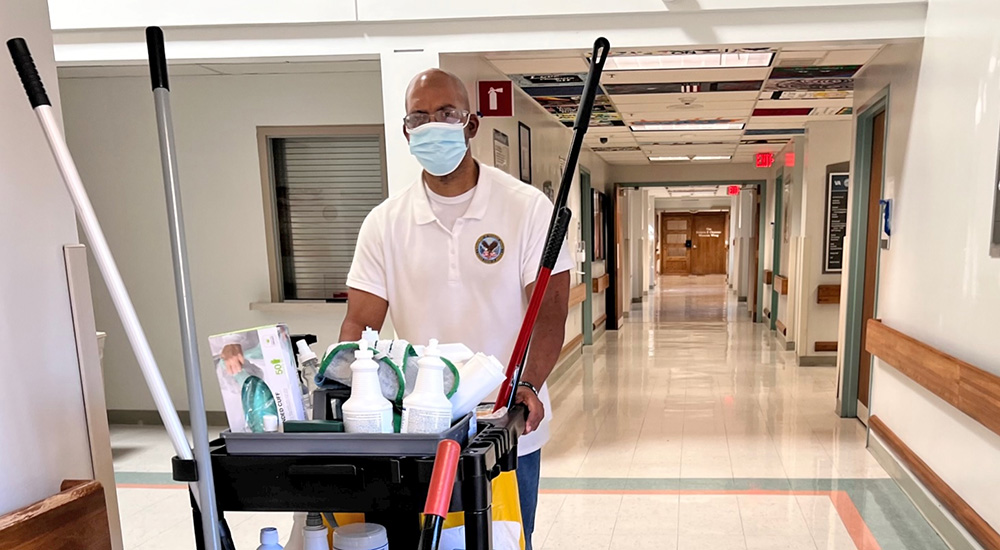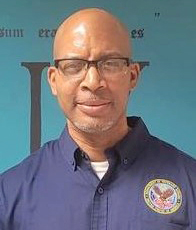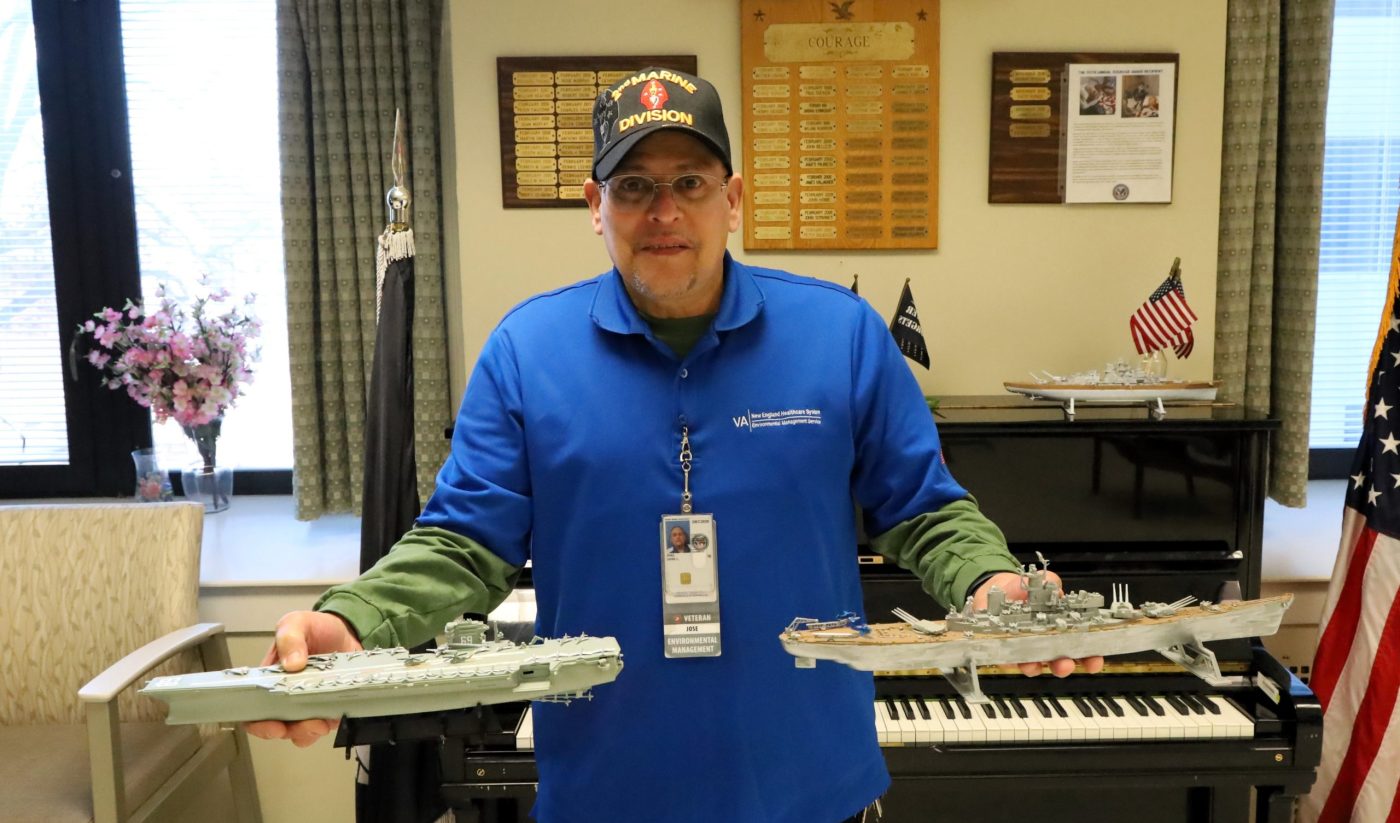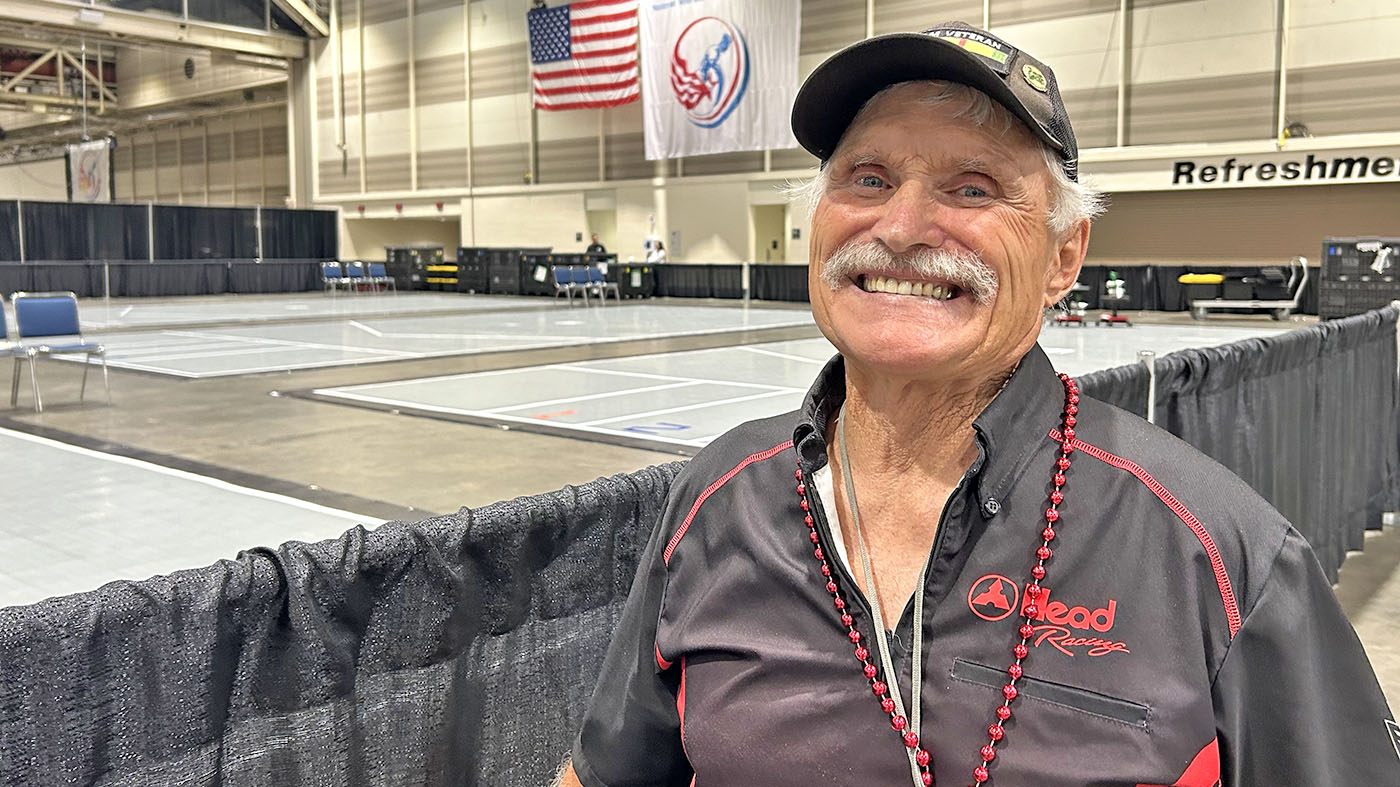Here’s the very candid story of an Army Veteran who was able to leave the drugs and drinking behind after acceptance in VA’s Compensated Work Therapy Program.
When you walk through the doors of VA North Texas Health Care’s Domiciliary Residential Rehabilitation program, you notice that the place is spotless. Take a few more steps, and you hear it… the squeaky wheels coming down the hallway as Shedrick Ward rolls his cart, greeting everyone he sees along the way.
His cheerfulness and the smile on his face are hard to hide, even while wearing a mask.
But Ward wasn’t always this jovial.
“I was spending upwards of $1200 a month on drugs and alcohol to feed my addiction,” said Ward. “I was going through some horrible stuff mentally and that’s the only way I knew how to address it. I needed to be sedated to make it through the day.”
When Ward separated from the Army in 1993, he returned to his hometown of Detroit. The streets were familiar and offered him a chance to make more money than he’d ever seen.
Divorced and living under a bridge
“I sold drugs. It was easy and the money was good, but it didn’t solve my problems. Eventually, I began using those same drugs.” Between 1993 and 1999, Ward was in and out of jail. After being paroled, he moved to Dallas, searching for a new beginning.
“I got to Dallas and went right back to what I knew. I began drinking after I moved to Texas.” Ward was working a full-time job and pretended to be okay, but his addiction became uncontrollable following his divorce in 2013.
“Every day, I used drugs. Every day, I drank alcohol. It cost me everything. I was homeless and lived under a bridge. I was alone and had no one to turn to for help. My own family wanted nothing to do with me. They told me to never come back.”
“Tired of pretending to be okay.”
In 2020, Ward found help through Dallas VA and enrolled in a rehabilitation program.
“It wasn’t easy. I didn’t make it easy for the people working at the domiciliary. But it was a change I needed to make for me. I was tired of pretending to be okay and sedating myself for nearly 30 years. I thought there is surely more to life than this. That was my motivation.”
After graduating from the rehabilitation program, Ward reflected on the past 30 years and says if VA hadn’t been there for him, things could be very different than they are today.
VA showed me how to set goals… and meet them
“VA saved my life. The staff at the domiciliary helped me develop my coping skills and taught me that I don’t need to turn to drugs and alcohol when things don’t go my way. The peer support specialists and counselors here showed me it was possible to break my addiction, one day at a time. They showed me how to set goals for myself and how to meet them.”
Ward uses the skills he learned to encourage other Veterans going through similar situations, and he uploads prayer videos to YouTube.
“I record my prayers for my fellow Veterans to see and hear. I hope the people who watch them find the motivation and courage not to give up and get help. But mostly, I record them for me. I watch them back to remind myself that I’m on the right track.”
Compensated Work Therapy Program: “Change starts with committing to yourself.”
Ward finished the rehabilitation program and was accepted in the Compensated Work Therapy Program, which set him up for a full-time opportunity.
“They’re going to have to kick me out of this place if they want me to leave. VA accepted my package for full-time employment so I am a full-time Environmental Management Service employee for VA North Texas.”
Ward looks forward to continuing his service at VA and being an example for other Veterans. “Change is possible. It’s not easy, but it is possible. It starts with committing to yourself. You have to be the change.”
Topics in this story
More Stories
One strategy credited for the improvement is a focus on building trust and stronger patient-provider relationships.
Army and Marine Corps Veteran started making models after being hospitalized at Connecticut VA.
Veteran Hank Ebert is a bit of a superstar in the National Veterans Wheelchair Games. He has been attending since 1993.








Great story! I seen it first hand.
Sharing your story is very brave and encouraging for your fellow Veterans. It is uplifting to recognize VA staff who play a pivotal role in your transformation. Your journey to healing is an inspiration and the compensated work therapy is an amazing program. Keep smiling Shedrick and sending out those prayers.
this would be great therpy… specially for “totally disabled” with major mobility issues.. (therputic work )
how can I overcome if there are not US Forces work spaces? Is virtual employment (internet) is required ?